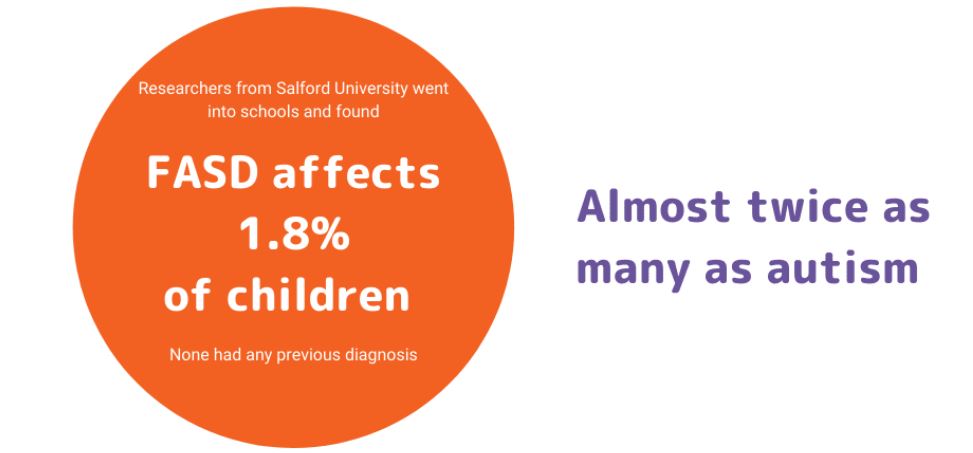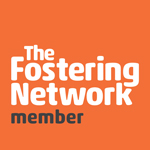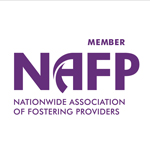FASD Awareness Month
September is Foetal Alcohol Spectrum Disorder is a neurodevelopmental condition with lifelong cognitive, emotional and behavioural challenges. In addition to effects on the brain, FASD is a full-body diagnosis that can include more than 400 known conditions.
FASD (Foetal Alcohol Spectrum Disorder) affects children in care disproportionately, but it’s little understood. It is believed to affect more people than autism. It’s been called a “hidden epidemic.”
Latest findings suggest:

Social and emotional understanding is often less than chronological age so we often need to think younger. Consistency of boundaries and routines are imperative, chronic short-term memory problems bring the need to repeat, repeat, repeat instructions and knowledge for better understanding. Input should be short. Children with FASD are easily overstimulated leading to shutdown at which point they can take in no more information. When children are also living with trauma this shutdown effect is exasperated. Structure is the glue that enables a child with FASD to make sense of the world.
- Think brain damage.
- Be curious and ask what is happening for that child at any given moment.
- Listen. They will be telling you what they need but it will not always be easy to ascertain.
- Adjust your expectations.
- Be ready to change the environment, you can’t change the child’s brain.
Tips for Foster Carers to help them understand FASD and Trauma
Why not listen to our podcast from last year in which the Goodwins shared their experiences of FASD and Fostering.
Me and FASD is a website from the National Organisation for FASD. https://fasd.me/ It’s aimed at children and young people, helping them to understand their diagnosis and celebrate their differences, as well as providing resources for those working with young people with FASD.
Me and FASD Website Tour:
https://youtu.be/51bujZCTkNQ
For more information visit: https://nationalfasd.org.uk/about-fasd/what-is-fasd/



